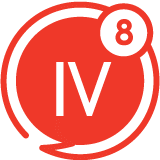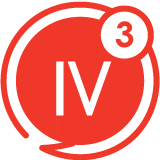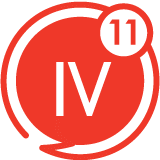OUR GOVERNANCE
Governing Structures and Delegation
Principles 6,7,8,9 and 10
Committees of the Board
Principle 8 applied

The Board ensures that its arrangements for delegation within its own structures promote independent judgement and assists with the balance of power and the effective discharge of duties.
Clinical Governance Committee

Declaration: The committee has executed its responsibilities in accordance with its Board approved mandate.
Committee Purpose and how it Contributes to Value Creation
The overarching role of the Committee is to:
Specifically excluded from the role of the Committee is the occupational health and safety of employees. Health matters are included in the role of the HR & REMCO. GSEC receives a report on the safety aspects.

Members of the Committee during the Period 1 April 2023 to 31 March 2024
100% Attendence
* Independent members of the Committee who are not members of the Board
Key focus areas and value creating activities for the period under review
The overall focus of the Committee is to ensure donor, recipient and staff safety whilst SANBS continues to execute the iHEALTh strategy and strengthen its position as a cornerstone of healthcare. Key matters considered include:
Human Centered Donor Care
Blood collections
Blood Issuing
Platelet Strategy
Patient Blood Management (PBM)
Blood Establishment Computer System (BECS)
Quality
Medico-legal
Haemovigilance
Data and information governance
Policies and Terms of Reference
Impact of the NHI implementation on the SANBS business model
Counselling of HIV-positive donors
SANBS RAD Academy
Noted:
Research and development activities
Future Focus Areas 2025
The key focus areas for the CGC for the year ahead will be four strategic pillars namely:
Other
Risks

Capitals



King IVTM




